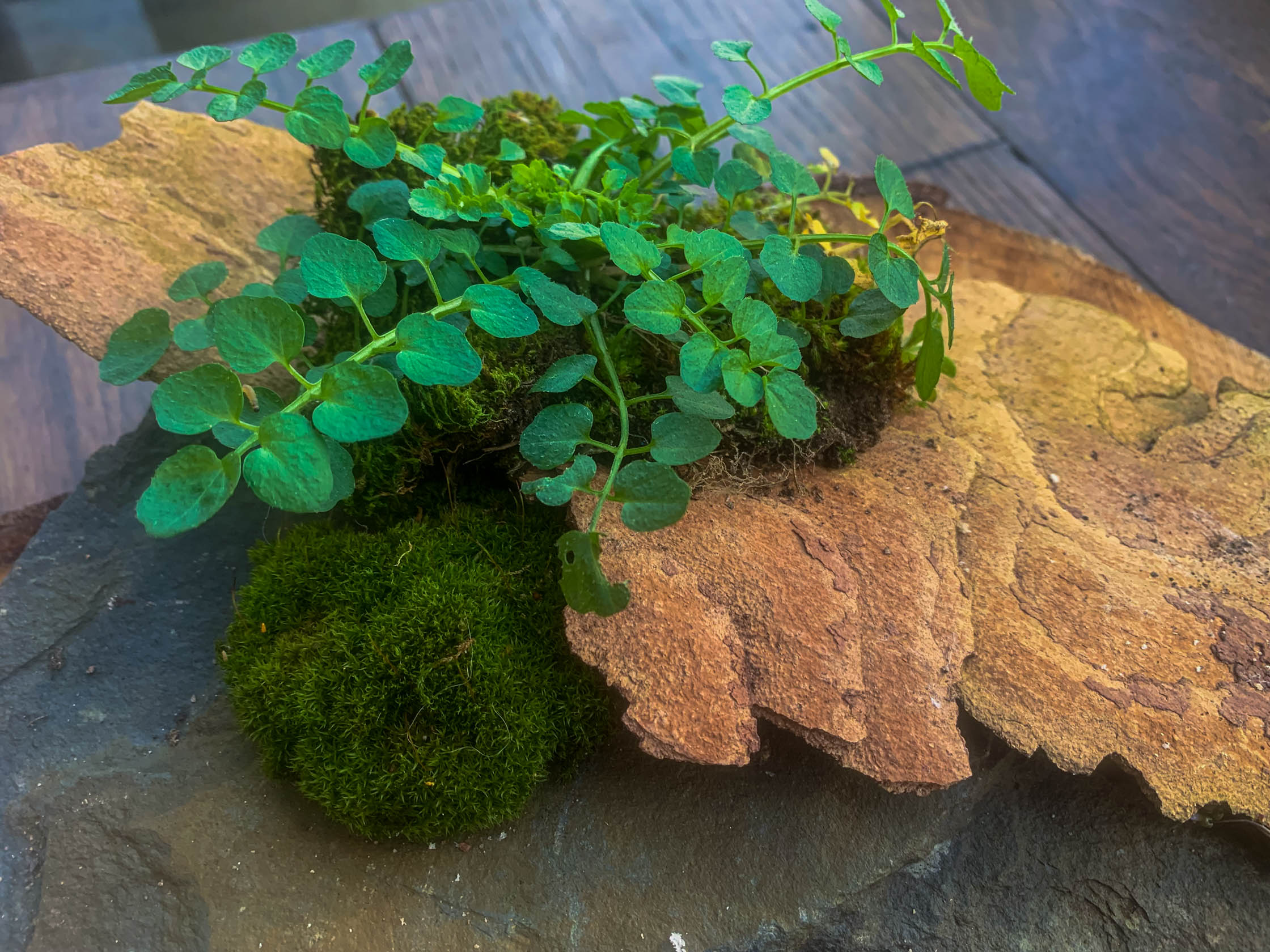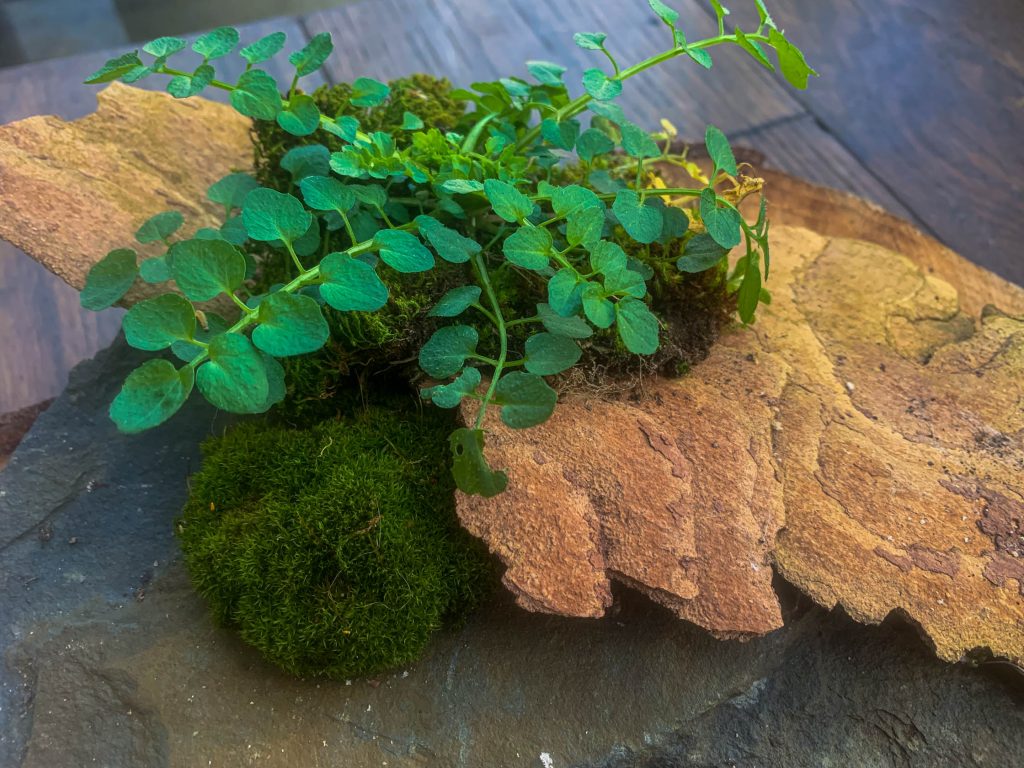

08 Mar ART-723 Episteme for my project


Knowledge is a collection of information and facts that you accept as true. However, if you accept some things as true, it means that you believe other things to be false. So epistemology focuses on the criteria that prove knowledge. The first question is how can you find that truth. If you believe you can reach it through your senses, you are an empiricist. On the other hand, if you believe you can arrive at the truth by reason, you are a rationalist.
The second question relates to the object of truth. If you believe that the object of this truth is within you (for example, your opinion of something), then you are an idealist. However, if the object of truth is an external reality, then you are a realist. In psychology, as in other sciences, it is important to have an epistemological position.
People generally believe that scientists gain knowledge through their senses. That is, scientists are empiricists. Moreover, they are realists. They believe that the truth lies in external reality.
Today’s episteme class provided a great opportunity for me to do some research on a group of about 20 people who were in the class. First, a quick explanation of what epistemology is. In general, it is a branch of philosophy that studies knowledge.
An extremely important piece of knowledge for me was giving random 20 people in our class to try cress leaves. These people know me and the assumptions of the project I am working on. The plant I showed them and asked them to try was first described by me as an edible weed from my garden that is eaten raw. Only a few people were willing to try the leaves. It was about 30% of the group. Age and gender were not an advantage. The rest of the people were very close to encouragement to try. They were mostly young women up to 30 years of age. A very strong resistance to any attempts at encouragement is felt. The conclusions are very obvious: attempts to break the boundaries of one’s own habitus must result from one’s own cognitive willingness. No performance with unusual food colors or vegetables unknown from the store will convince most people to try something (even if it’s a free treat) if there is no internal interest in this topic in these people.
My project must be based on finding such visual forms that will interest the recipient enough to make him want to take a step from the image and knowledge to the desire to try organoleptic.


Sorry, the comment form is closed at this time.